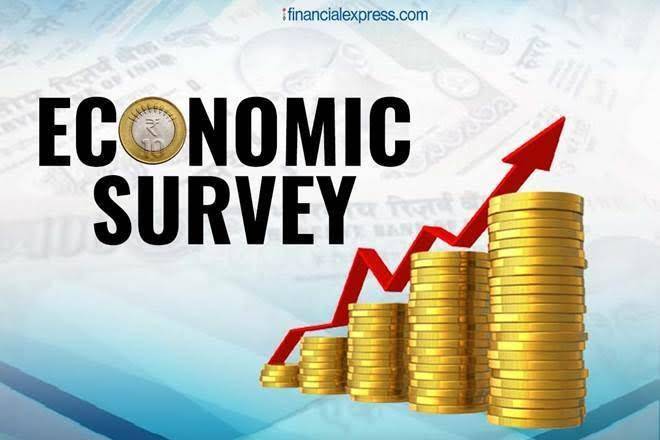Economic Survey 2020: The affordability of both vegetarian and non-vegetarian thalis have improved over the years, implying improved welfare of the common person, Economic Survey 2020 said. While the affordability of a veg thali increased by 29 percent between FY06 to FY20, the affordability of a non-vegetarian thali increased by 18 percent in the same period, the survey by Chief Economic Advisor (CEA) Krishnamurthy Subramanian also said. The survey drew a conclusion on the basis of “Thalinomics: the Economics of a plate of food in India” – an attempt to quantify what a common person pays for a thali across India. The Economic Survey 2019-20 presented in Parliament today by Finance Minister Nirmala Sitharaman states that the affordability of vegetarian thalis has improved over time.
The absolute prices of a thali reduced significantly since 2015-16 though the price has increased in 2019. This is due to a sharp fall in the prices of vegetables and dal in contrast to the previous trend of increasing prices in the time period, the survey added. “An average household of 5 individuals that eat two vegetarian Thalis a day, gained around Rupees 10887, on average per year, while a non-vegetarian household gained Rupees 11787, on average per year,” the survey said. The Economic Survey on Friday projected India’s economic growth at 6 per cent to 6.5 per cent in the next financial year starting April 1, saying growth has bottomed out. The growth in 2020-21 compares to a projected 5 per cent expansion in the fiscal year 2019-20.
Watch Video: What is Union Budget of India?
“Many reform measures were introduced since 2014-15 to enhance the productivity of the agricultural sector as well as efficiency and effectiveness of agricultural markets for better and more transparent price discovery,” the survey added.


